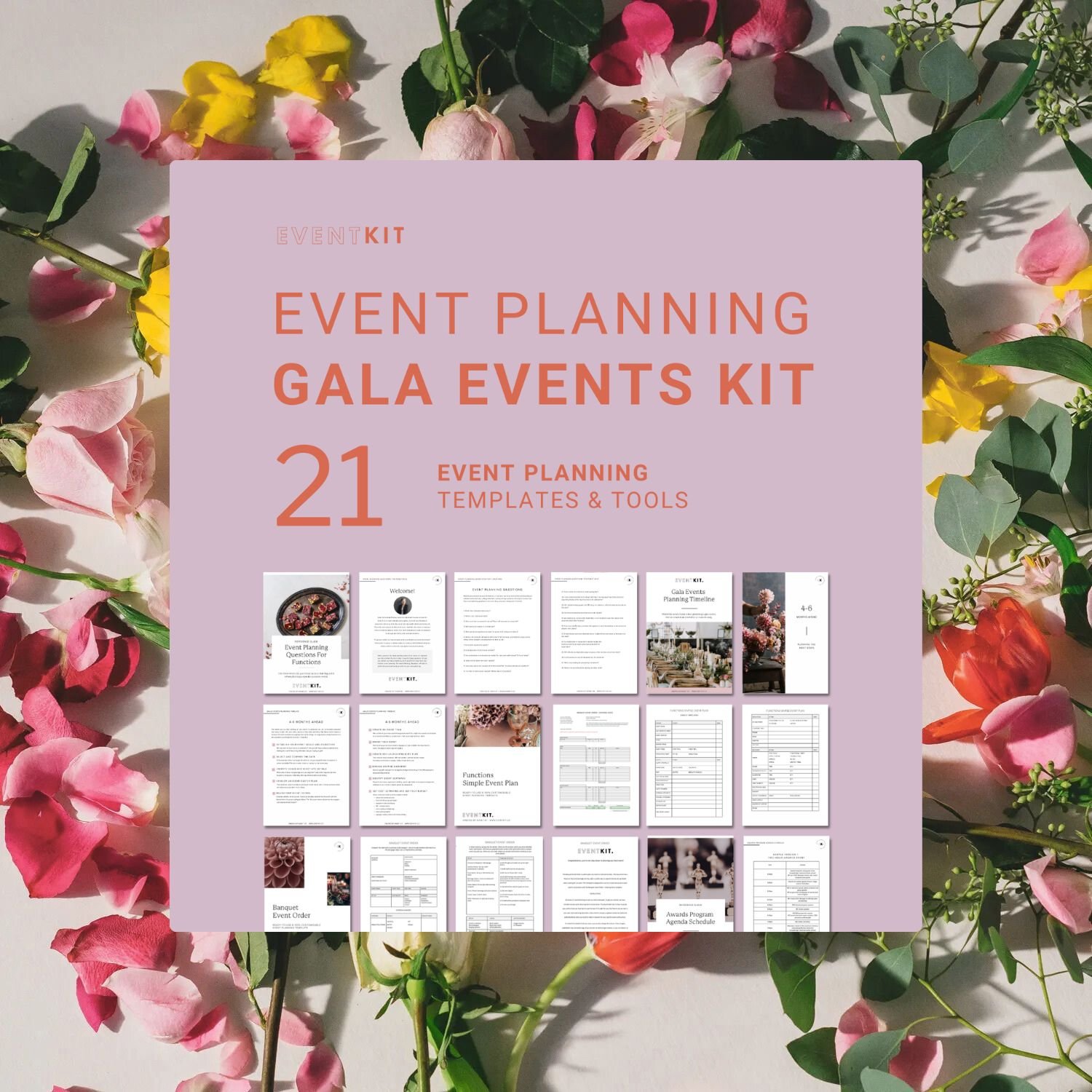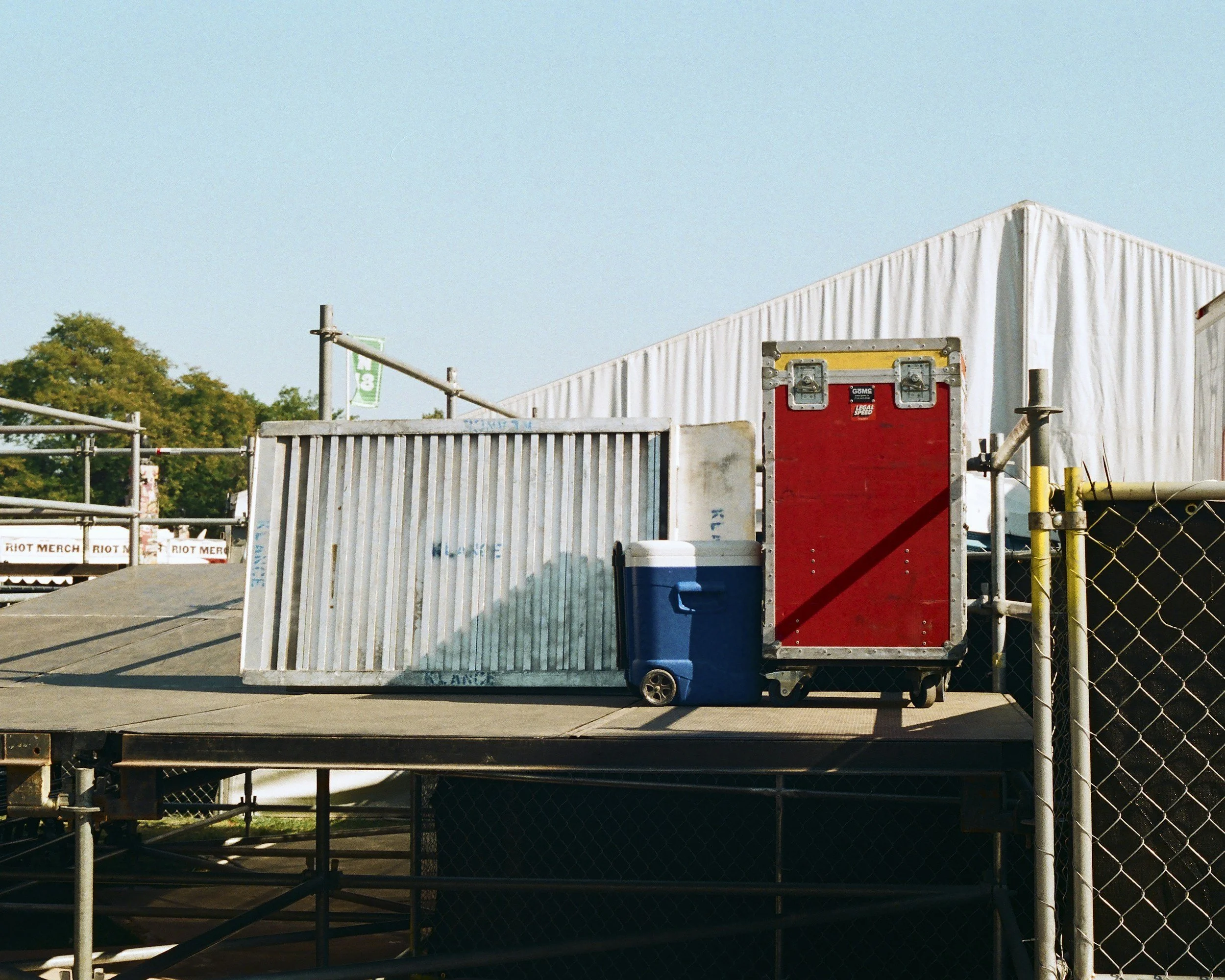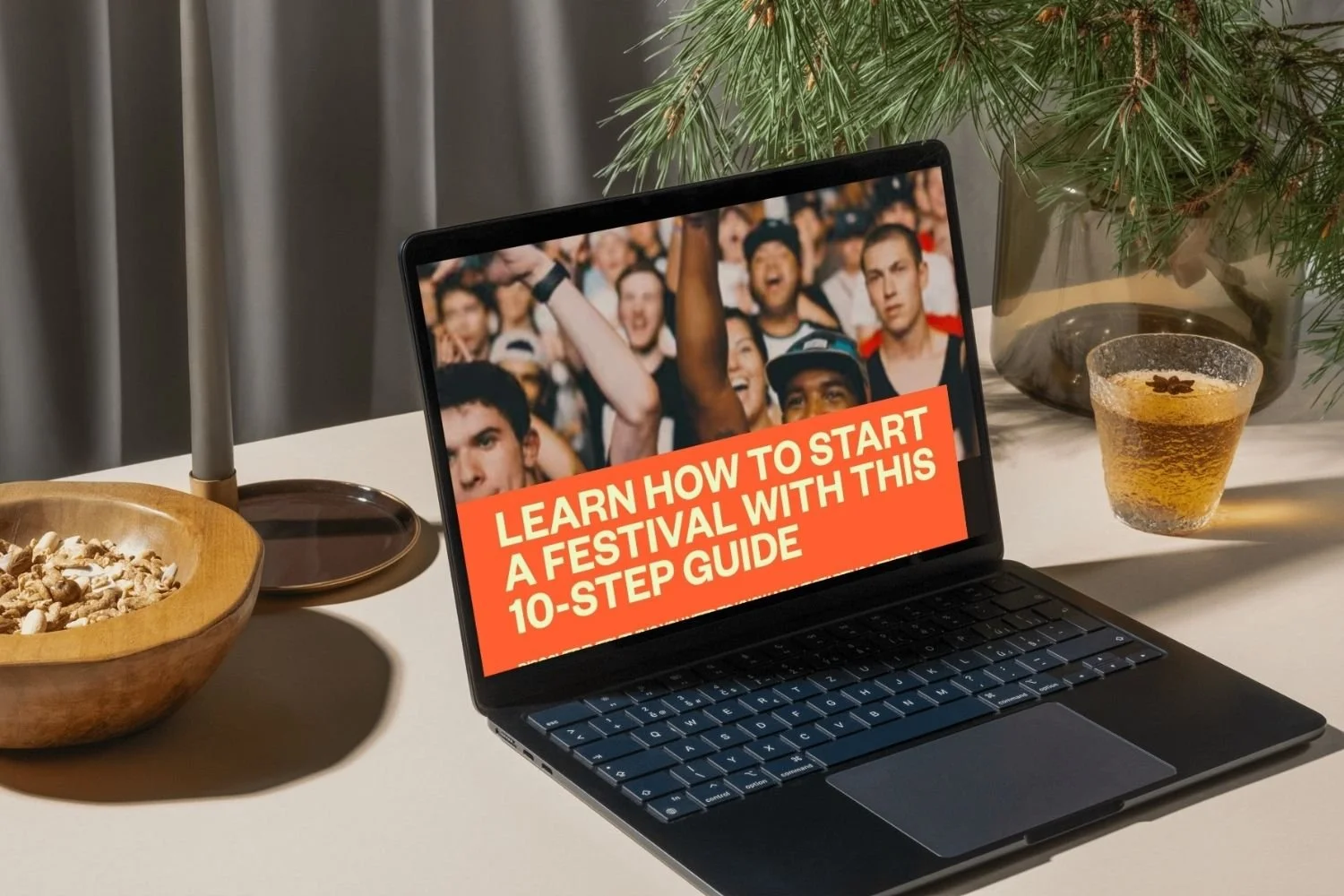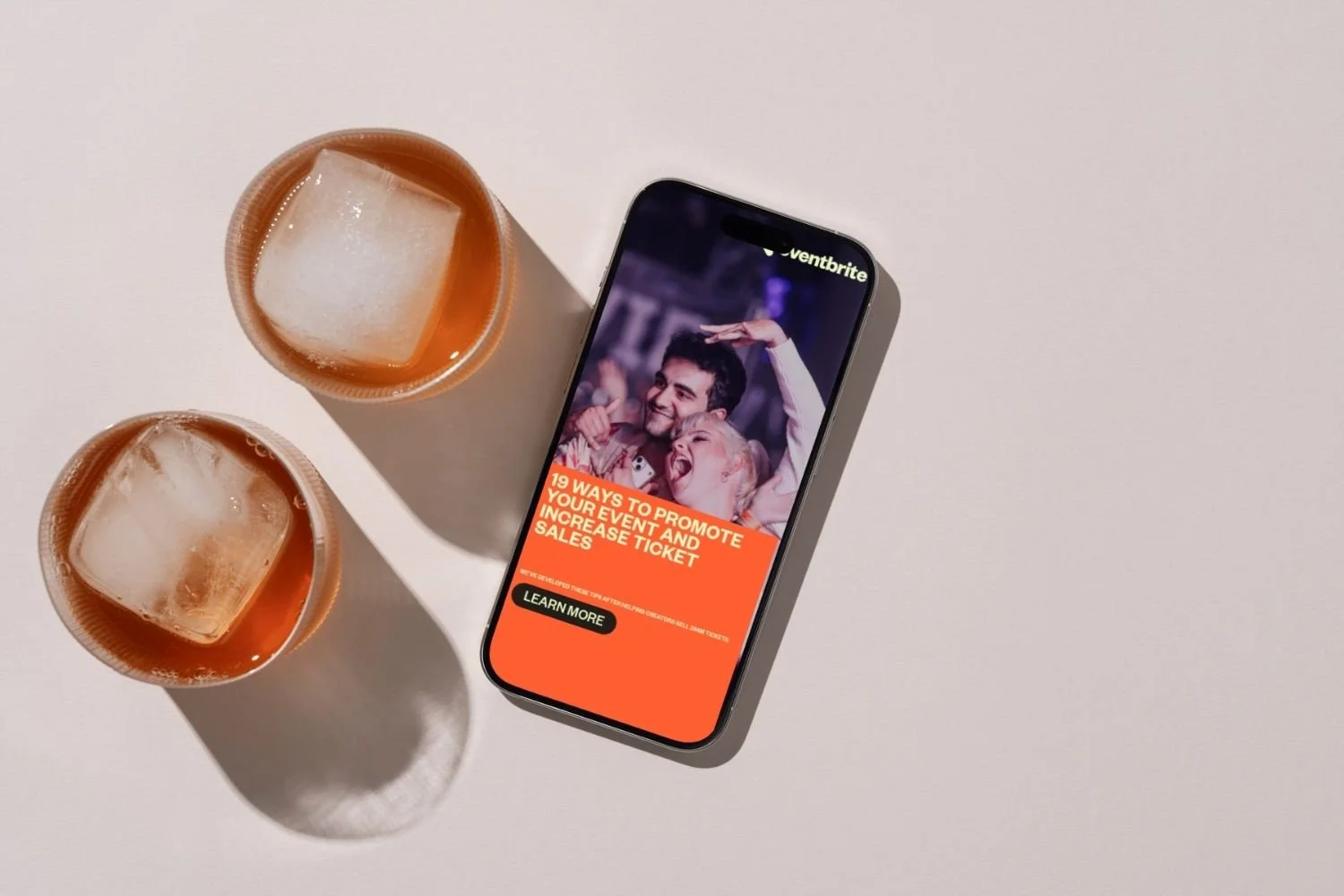Simple Event Planning Templates
There’s a reason experienced planners don’t start from scratch every time: it’s inefficient, stressful, and unnecessary.
Templates don’t just save time, they give your planning structure, clarity, and consistency. But not all templates are created equal. Some are too generic. Others are overly complex or packed with jargon.
What you really need are simple, well-structured templates designed by people who actually run events.
In this article, we break down which planning templates are essential, why they matter, and how to use them to stay organised (without the chaos).
What Makes a Good Template?
Before we dive into the list, let’s be clear on what a template should do.
A good event planning template:
Provides structure but allows flexibility
Saves time on repetitive work
Reduces mental load and decision fatigue
Keeps your team aligned and informed
Reduces the chance of things slipping through the cracks
It should be easy to use, easy to share, and adaptable to different types of events.
Templates Every Planner Should Have
1. Event Timeline Template
A structured way to plan out your event day or night — not just bump-in and program times, but crew movements, deliveries, and contingencies.
Use it to: Avoid guesswork, spot bottlenecks early, and give everyone a shared understanding of the schedule.
2. Run Sheet Template
Different from your high-level timeline, the run sheet includes minute-by-minute cues, tech requirements, and roles. It’s what your team and talent use to keep the show running smoothly.
Use it to: Coordinate AV, MCs, and stage movements down to the minute.
3. Budget Tracking Template
From initial estimates to final invoices, this template keeps you on top of where the money’s going—and how it compares to what was planned.
Use it to: Make quick financial decisions, justify spend, and keep clients informed.
4. Vendor Checklist Template
For capturing everything you need from each supplier — contact details, delivery info, insurance docs, setup needs, and risks.
Use it to: Avoid last-minute surprises and ensure vendors are ready to deliver.
5. Risk Assessment Template
Used to document potential risks, likelihood and consequence ratings, and mitigation strategies.
Use it to: Stay compliant with safety regulations and protect your team, attendees, and event reputation.
6. Staff or Volunteer Roster Template
A structured plan of who’s working, when, and where plus breaks, meals, and shift notes.
Use it to: Prevent double-booking, clarify expectations, and reduce burnout on event day.
7. Event Brief Template
A one-pager (or two) that outlines the goals, audience, key details, messaging, and tone of your event — perfect for sharing with vendors, MCs, or new team members.
Use it to: Keep everyone aligned, especially when there are lots of moving parts.
Why Templates Matter More Than You Think
Templates aren't just tools. They’re part of your risk management system. They help ensure continuity, reduce human error, and make delegation easier.
And when something goes wrong (because something always does), a good template gives you the framework to respond quickly and confidently.
Want more practical event planning tips? Bookmark these extra guides.
How to Build an Event Day Timeline
Leveraging ChatGPT in Event Planning: New Ways to Creativity & Efficiency
Final Thoughts
Smart planners don’t reinvent the wheel. They use tools that work and templates that reflect real-world experience.
If you're looking for templates that actually make your job easier, the Event Kit Shop has ready-to-use packs for timelines, budgets, safety, vendor checklists, and more. Created by pros. Tested on real events.
👉 Ready for more pro templates and tools? Explore the full Event Kit shop →
You Might Also Like
Meet Your Mentor
Hi, I’m Rachella — founder of Event Kit, and an Event Consultant with 25+ years of experience running world-class festivals and public events. I started Event Kit because I knew there had to be a better way. These are the tools and tips I wish I’d had when I was starting out, and now I’m sharing them with you.
EVENT KIT LIBRARY
Guides & Tutorials: Expert Insights & Event Planning Inspiration
Your go-to for practical event planning advice, from beginner basics to smart professional development.























